Further insight from NGO Panel
Julie Ann Wrigley Global Futures Laboratory
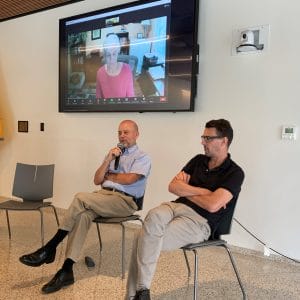
Further insight from NGO Panel
On Wednesday morning, we changed things up by hearing from a panel of non-governmental organization leaders. The panel was headed by Ann Mills, the Executive Director at Agua Fund, Michael Fernandez, the founding director at AAAS Center for Scientific Evidence in Public Issues (AAAS EPI Center), and Ferd Hoefner, who consults with multiple organizations on behalf of federal farm policy issues.
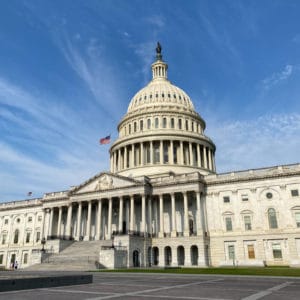
"Keep Your Eye On What You’re Driving Toward"
Students were eager and ready to dive in on the first morning of the ASU Food Policy Certificate Capstone Immersive in DC. Fortunately, the lineup of speakers that morning was an engaging and impressive bunch, all ready to share diverse perspectives to paint a picture of their current and past work in food and agriculture.
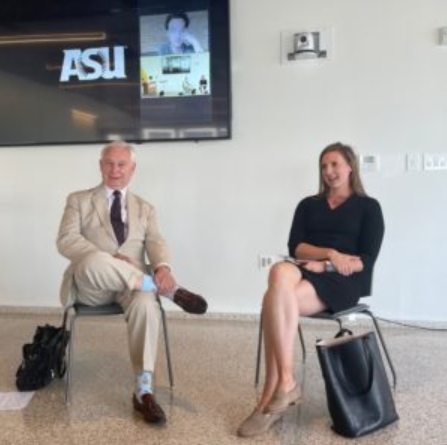
“On the Record”
As Swette Center certificate students, we have the pleasure of receiving The Hagstrom Report in our email inbox daily to stay up-to-date on the inside scoop of DC Agricultural politics and news.
The Generation Equality Forum: Record breaking investments to advance women’s rights
The Generation Equality Forum held in Paris June 30 - July 2, 2021 was livestreamed to over 50,000 participants around the world. U.N. Women, political leaders, feminist movement leaders, corporate executives and activists gathered to address gender inequality, including the disproportionate impact the pandemic has had on women and girls, and to commit to action that will accelerate global progress over the next five years, by 2026.
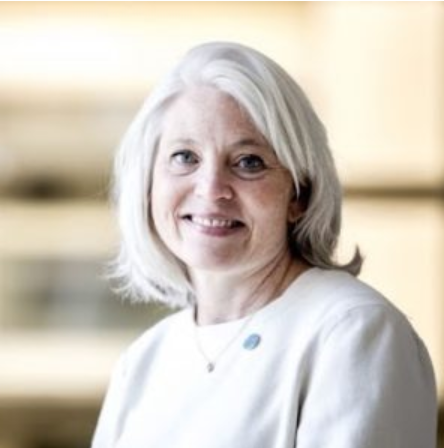
Advancing global food security with Jocelyn Brown Hall
Jocelyn Brown Hall—Director of the Food and Agriculture Organization’s Liaison Office for North America—joined the ASU Food Policy and Sustainability Leadership Cohort for a wide-ranging discussion about advancing sustainable, resilient agriculture and food systems around the world to achieve food security.
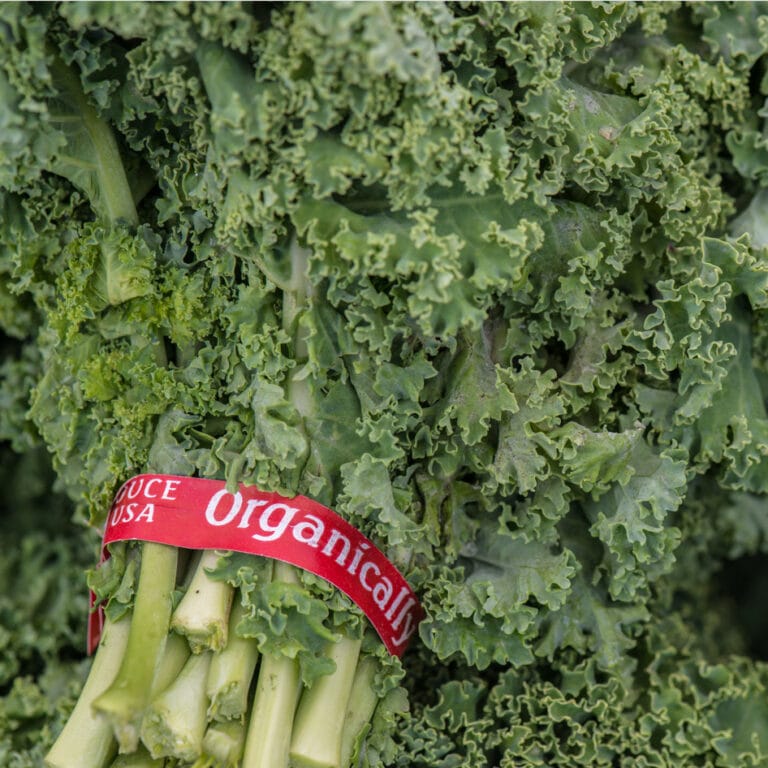
Organic food has become mainstream but still has room to grow
Organic food once was viewed as a niche category for health nuts and hippies, but today it’s a routine choice for millions of Americans. For years following passage of the Organic Foods Production Act of 1990, which established national organic standards, consumers had to seek out organic products at food co-ops and farmers markets.
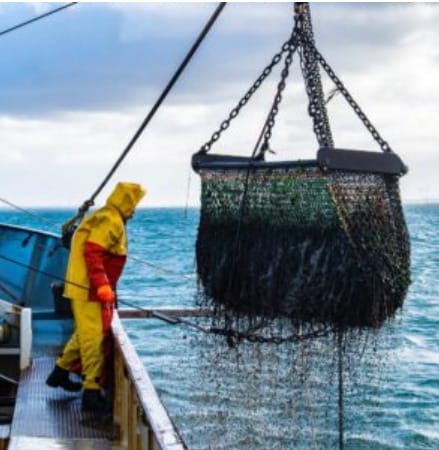
Can market interventions make coral reef fisheries more sustainable?
The health of coral reefs has taken a massive hit due to overfishing, pollution and climate change, which has had a grave impact on reef ecosystems and the people who depend on these reefs for food and job security.
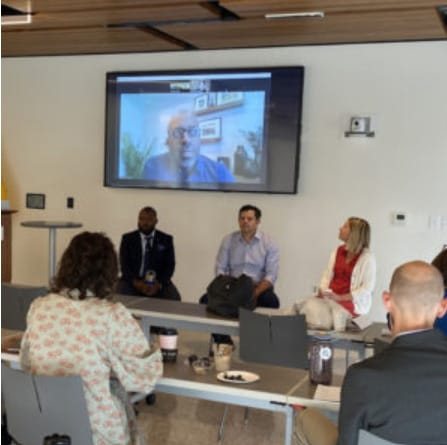
Food and agriculture industry insights
During a Wednesday panel of our D.C. immersive, we had the privilege of hearing from food industry executives, all of whom have significant experience in government. Interestingly, none of them spoke exclusively about the positive work their companies are doing at present. Instead, what seemed to motivate them was the need for change – both at their companies and in the food and agriculture sector more broadly. It was clear that they saw the opportunity to lead through that change from their role in the private sector.
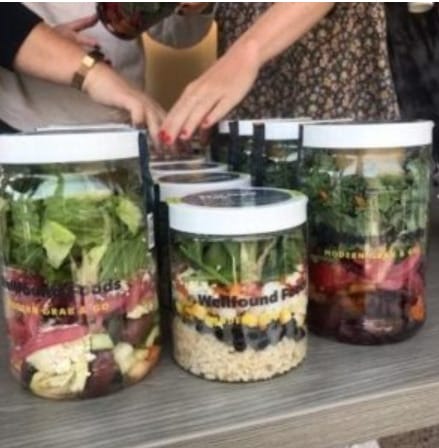
Changing the landscape of casual dining with Wellfound Foods
On a beautiful sunny day during ASU’s Food Policy and Sustainability Leadership immersive week, the founder and CEO of Wellfound Foods, Sarah Frimpong, joined us to talk about their local business and how they are transforming the food world in DC. There was a need for better packed food in a small café on Capitol Hill and they wanted to create the difference.

A response to the Working Group 1 contribution to the IPCC 6th Assessment Report
The first working group’s contribution to the 6th Assessment Report of the Intergovernmental Panel on Climate Change (IPCC), “The Physical Science Basis” released on August 9, comes at a moment
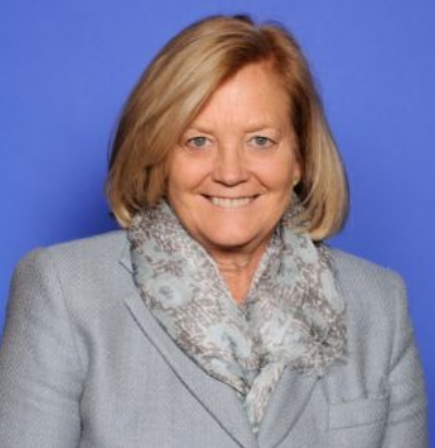
Transforming the Food System with Congresswoman Chellie Pingree
Throughout our immersive, we heard from a diverse array of speakers, representing various facets of the food system. From the Agricultural Marketing Service and Agricultural Research Service within the USDA and the White House’s Office of Management and Budget to NGO and food industry leaders, these three messages were repeated.
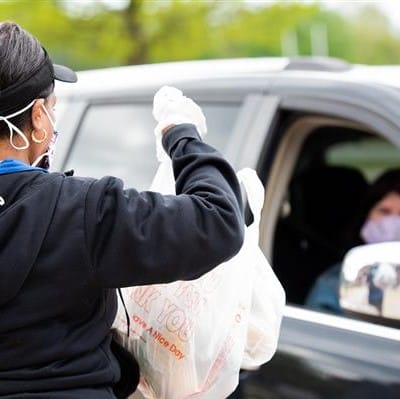
Farm-to-school support in the federal COVID-19 response
When schools closed as a result of the Covid-19 pandemic, many students across the country lost the reliable meal sources that they would typically receive at school or through other child-care programs.